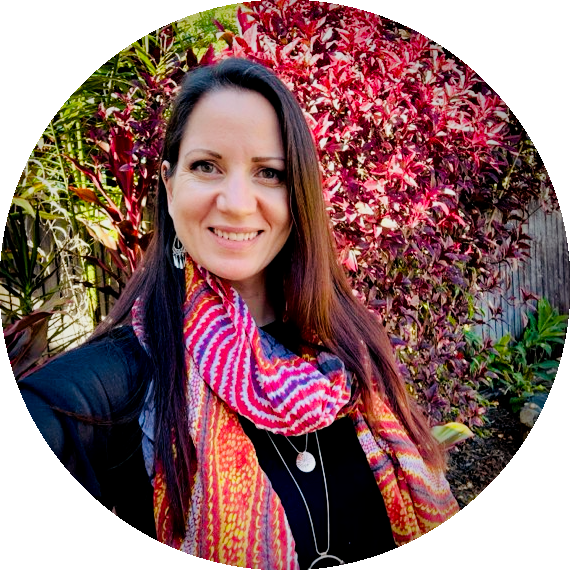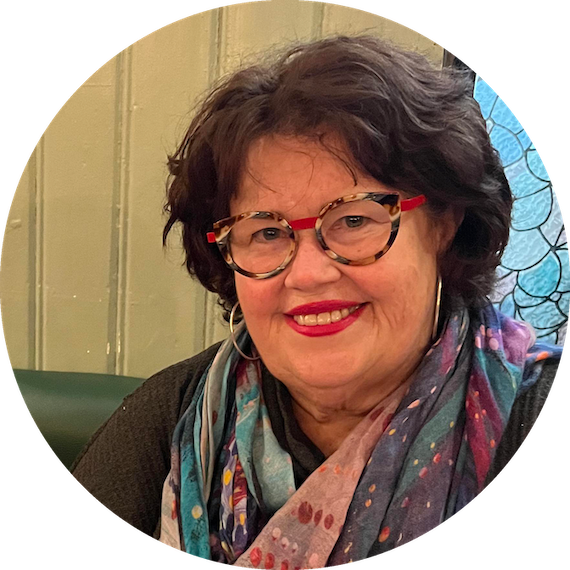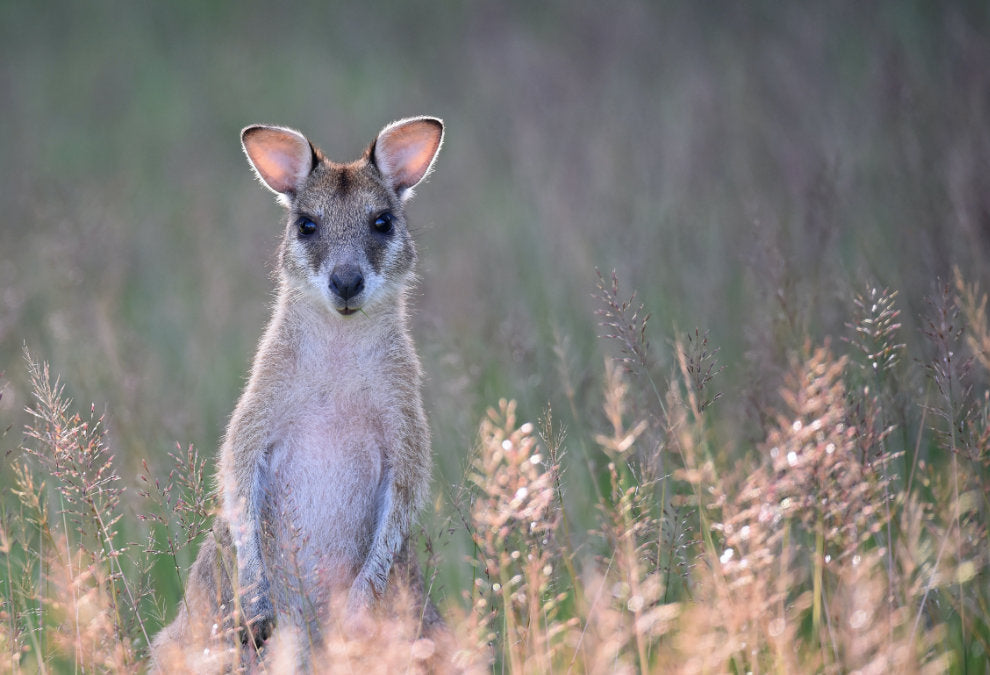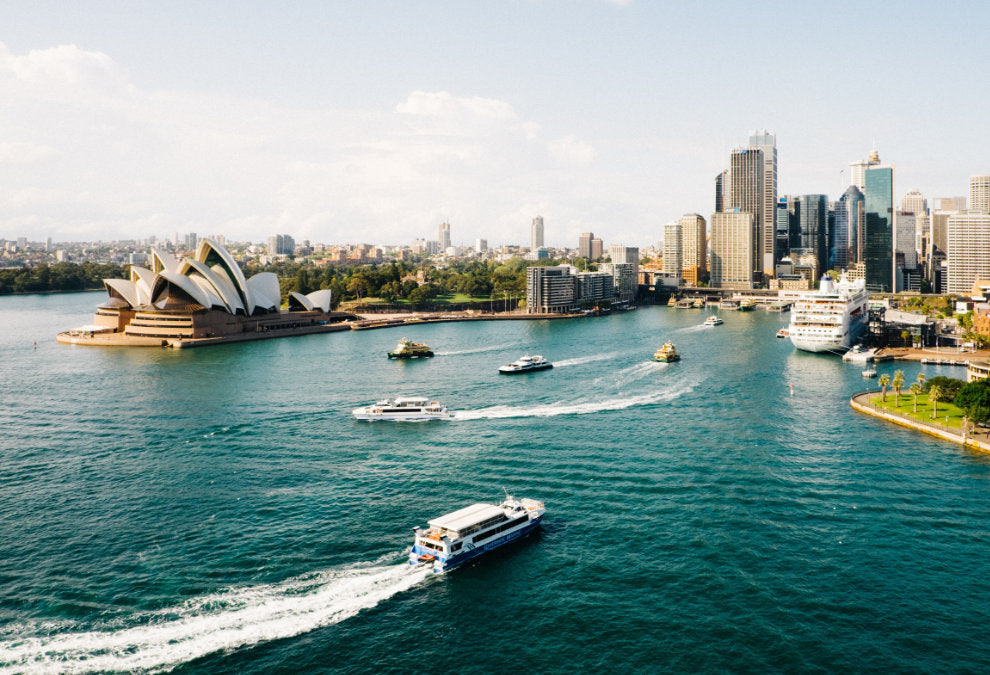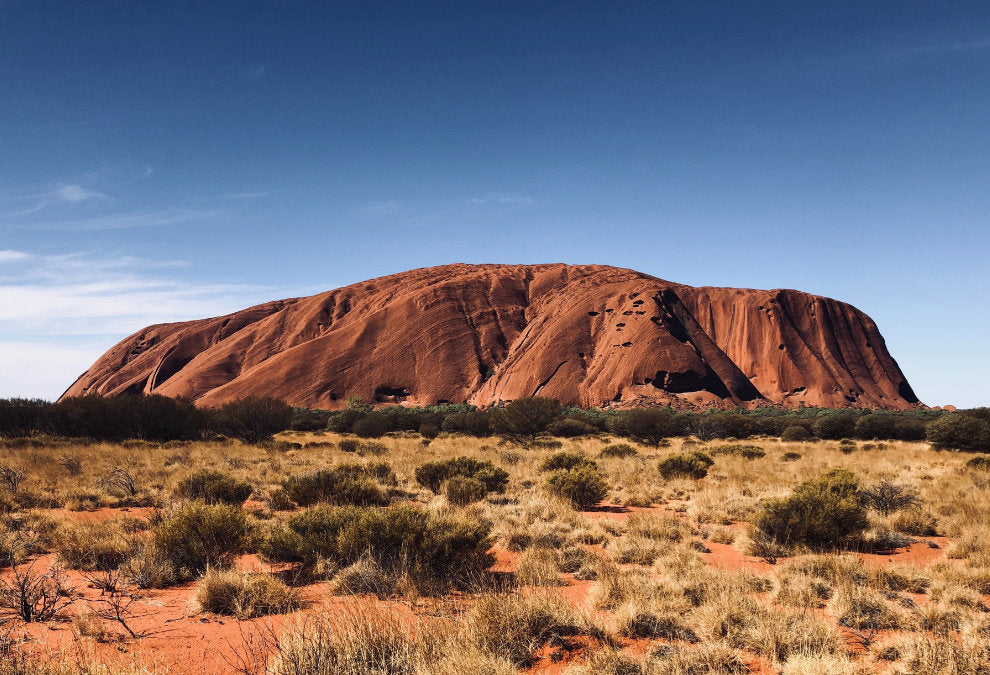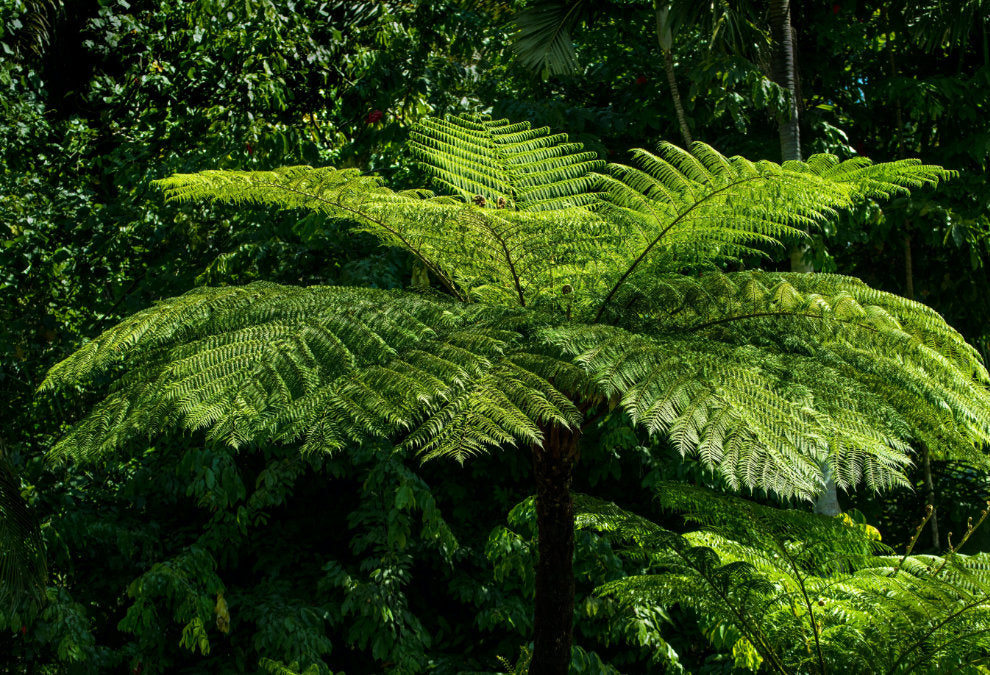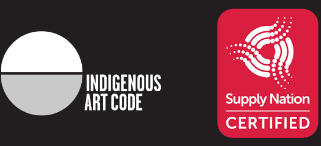
Significant Events for Indigenous Australians in October
Cover of the "Bringing Them Home" Report, Vote Yes Rally in Brisbane
October is a month of deep significance in Australia, particularly for Indigenous Australians, as it marks pivotal moments in history that reflect the ongoing struggle for recognition, rights and justice.
This blog highlights significant events, including acts of resistance, tragic massacres and the enduring impact of cultural heritage.
The Genocide Against the Yeeman People: The Hornet Bank Station Attack and Its Aftermath
On 27 October 1857, the attack on Hornet Bank station occurred, marking a tragic episode in the history of Aboriginal resistance in colonial Australia.
Members of the Yeeman (or Jiman) tribe launched a raid on Hornet Bank station near the Dawson River in Queensland, resulting in the deaths of eleven colonists, including eight members of the Fraser family.
This desperate act of resistance was fuelled by years of mistreatment, dispossession and violence inflicted upon the Yeeman by colonists encroaching on their traditional lands.
The events at Hornet Bank immediately triggered brutal reprisals from the colonists and the authorities. Led by William Fraser, vigilantes and Native Police launched a violent campaign against the Yeeman people.
Over the ensuing months, these officially sanctioned reprisals resulted in the deaths of hundreds of Aboriginal men, women and children in what can only be described as a genocidal campaign aimed at annihilating the Yeeman as a distinct group.
This violence was not an isolated incident but part of the broader pattern of frontier wars that characterised Australia's colonial history.
Today, the surviving descendants of the Yeeman people are part of larger Indigenous communities in Queensland, particularly in the Central Highlands and surrounding regions. Although historical records about the Yeeman are limited due to the devastating impact of colonisation, their descendants continue to identify as part of the Jiman Nation, encompassing both the Yeeman and other related groups.
Efforts to reconnect with cultural heritage are ongoing, with many descendants actively participating in initiatives aimed at preserving their language, traditions and cultural practices.
The Cullin-la-Ringo Reprisal: A Dark Chapter in Queensland's History
On 17 October 1861, nineteen European colonists were killed during an attack by Aboriginal resistance forces at Cullin-la-Ringo Station near Springsure in Central Queensland. This attack was a response by the Gayiri Aboriginal people, defending their traditional homelands from the colonial invasion.
The aftermath of this incident led to a series of devastating reprisal massacres against the Gayiri people. Colonial authorities, vigilante groups and Native Police carried out brutal retaliatory expeditions that resulted in the massacre of as many as 370 Gayiri men, women and children over several weeks.
The Gayiri (also known as the Kariera or Kairi) people are the Traditional Owners of the area around Springsure, and today, they continue to maintain cultural connections to their ancestral lands despite the devastation caused by colonisation.
Many Gayiri descendants continue to live in Central Queensland and work to preserve their language, culture and traditions through a range of local initiatives.
The "Bringing Them Home" Report
On 8 October 1997, the "Bringing Them Home" report, produced by the Human Rights and Equal Opportunity Commission (HREOC), was tabled in the Australian Parliament. This report culminated from a national inquiry into the official policies and practices that resulted in the forced removal of Aboriginal and Torres Strait Islander children from their families, a devastating practice that occurred throughout the 20th century. These children are collectively known as the Stolen Generations.
The inquiry gathered testimonies from over 500 Indigenous Australians, highlighting the systematic nature of the removals, often justified under the guise of child welfare but aimed at assimilating Indigenous children into white society by severing their ties to language, culture and community.
The report detailed the widespread suffering and trauma inflicted upon individuals and communities and called for significant changes, including a formal national apology, financial compensation and comprehensive support services for survivors.
The apology would eventually come on 13 February 2008, from then Prime Minister Kevin Rudd, acknowledging the "profound grief, suffering and loss" caused by the policies of forced removal.
However, many recommendations remain unaddressed, underscoring the ongoing struggle for recognition and justice for the Stolen Generations and their families.
The Voice Referendum: A Recent Setback
On 14 October 2023, Australians went to the polls for a historic referendum aimed at recognising Indigenous Australians in the Constitution by establishing an Indigenous Voice to Parliament.
Despite the significance of this initiative, the referendum ended in defeat, signalling a broader challenge for the rights of Indigenous Australians. Many leaders expressed concern that this loss undermines the recognition and respect for the unique cultural identity of Aboriginal and Torres Strait Islander peoples.
The referendum was seen as a crucial step toward reconciliation and empowerment, providing a platform for Indigenous voices in governance. Its failure raises questions about the commitment of non-Indigenous Australians to support meaningful change and acknowledge historical injustices faced by Indigenous peoples.
Prominent Indigenous Australians Born or Died in October
Born in October:
David Gulpilil (Born October 1, 1953): An internationally acclaimed Yolngu actor, dancer and artist, Gulpilil is widely known for his roles in iconic films like Walkabout (1971) and Crocodile Dundee (1986), bringing Indigenous Australian culture to the global stage.
Died in October:
Vincent Lingiari (Died October 21, 1988): A Gurindji elder and activist, Lingiari is best known for leading the Wave Hill Walk-Off in 1966, a landmark protest for Indigenous land rights, instrumental in the eventual handover of land to the Gurindji people.
Eddie (Koiki) Mabo (Died October 29, 1992): Mabo was a key figure behind the historic Mabo Decision, which overturned the doctrine of terra nullius and recognised Indigenous land rights. His legacy continues to influence discussions on land rights and recognition.
Conclusion
The events we commemorate in October serve as reminders of the resilience and strength of Indigenous Australians amidst a history marked by tragedy and injustice.
From massacres and forced removals to ongoing struggles for recognition, these stories underscore the importance of truth-telling, reconciliation and acknowledging the enduring impact of colonialism.



